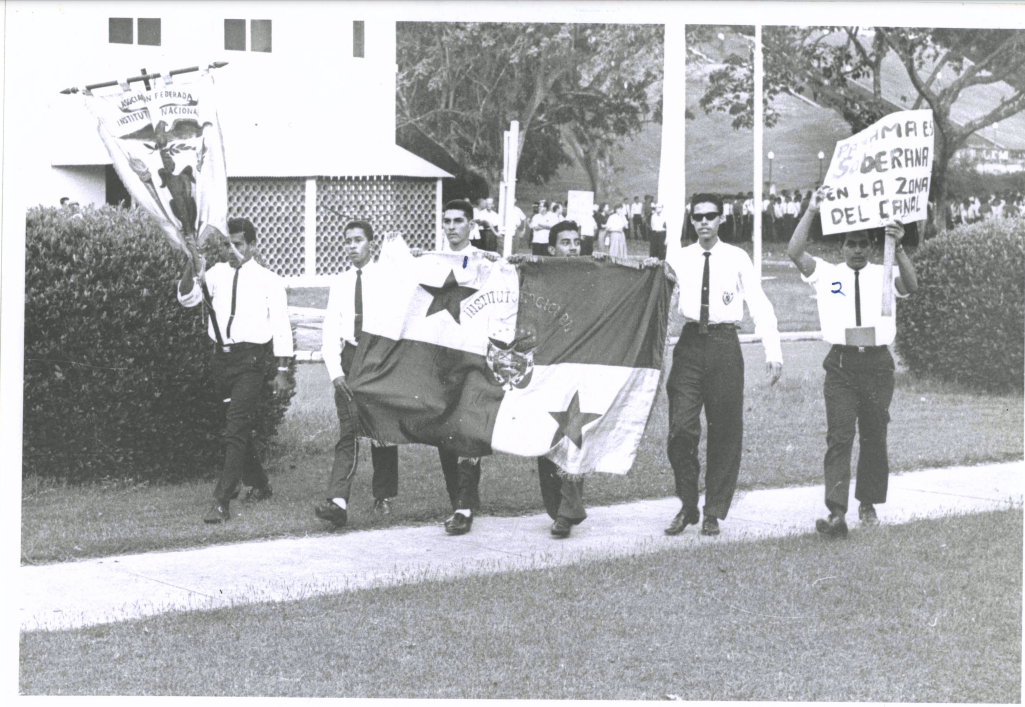Colonia Americana… ¡No! Remembering Interventionism, Understanding Neoliberalism, and Continuing the Spirit of Resistance in Panamá
Since taking office, one of Donald Trump’s recurring talking points has been reclaiming U.S. control over the Panama Canal and Greenland. During last week’s State of the Union Address, Trump smugly declared, “To further enhance our national security, my administration will be reclaiming the Panama Canal,” prompting a standing ovation largely from his cabinet members.
As a 1.5 generation Panamanian immigrant in the United States, Trump’s inflammatory remarks trigger a deep rage within me.






